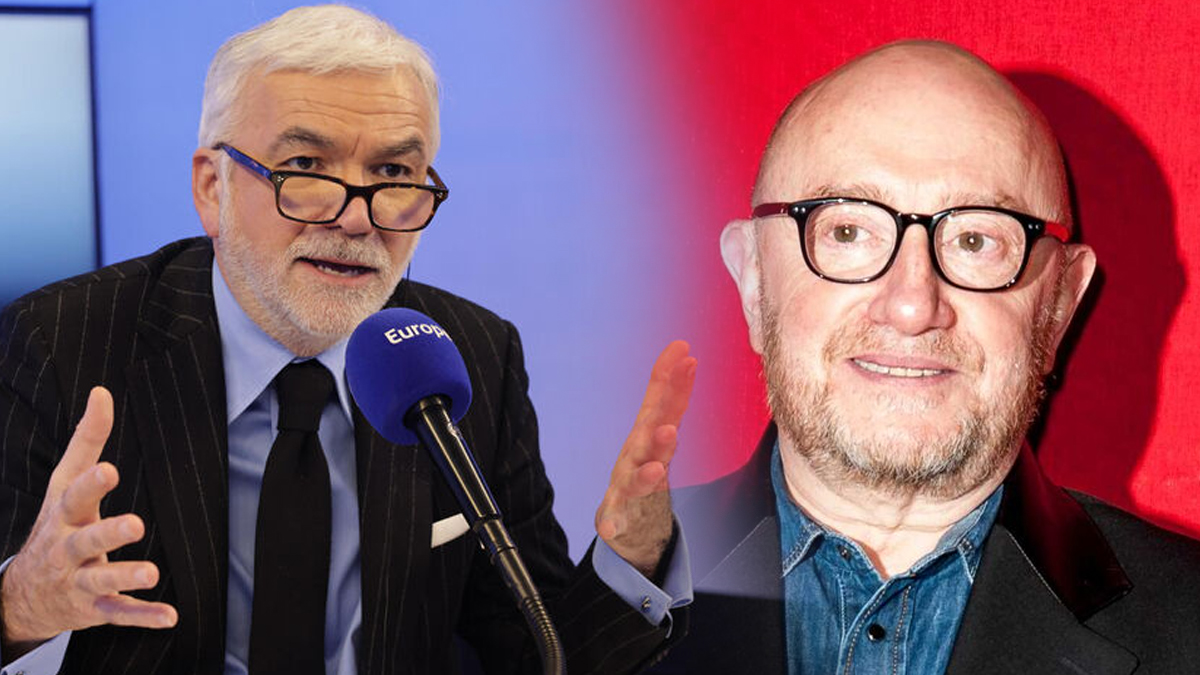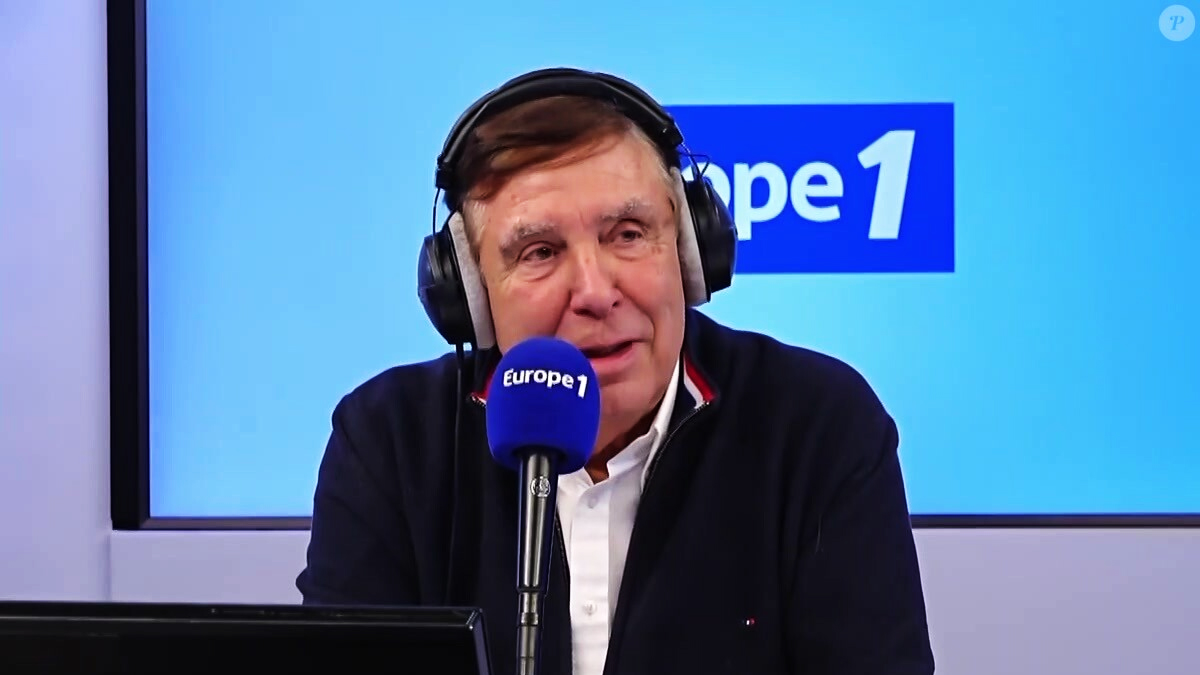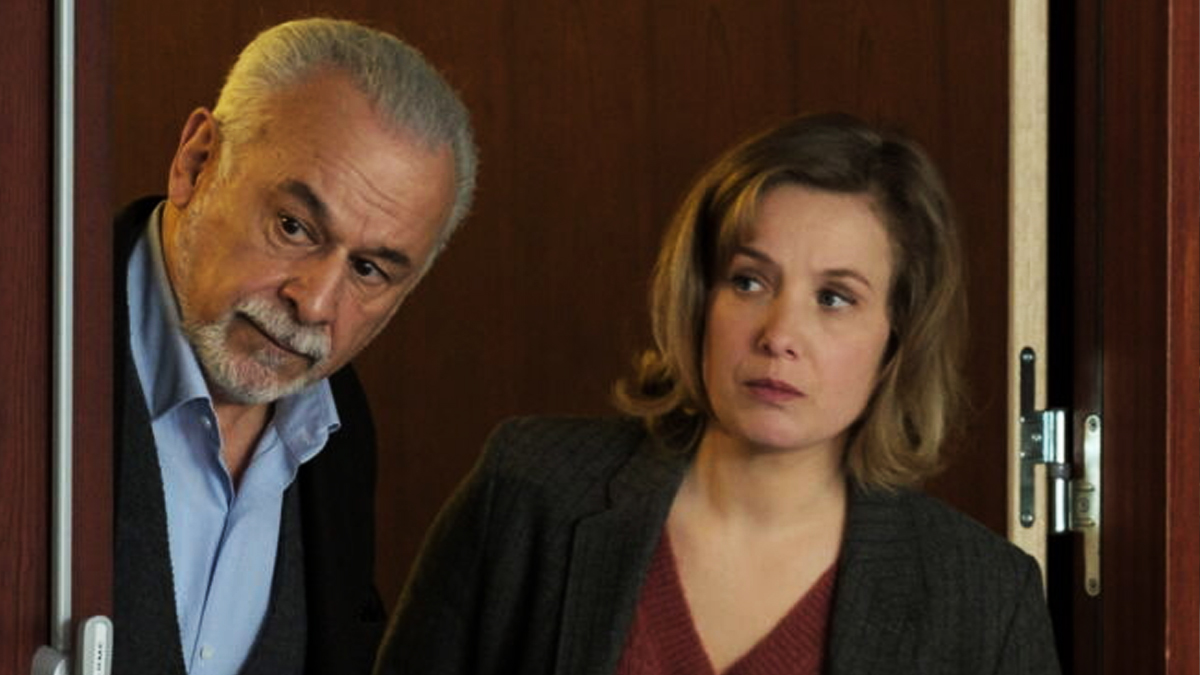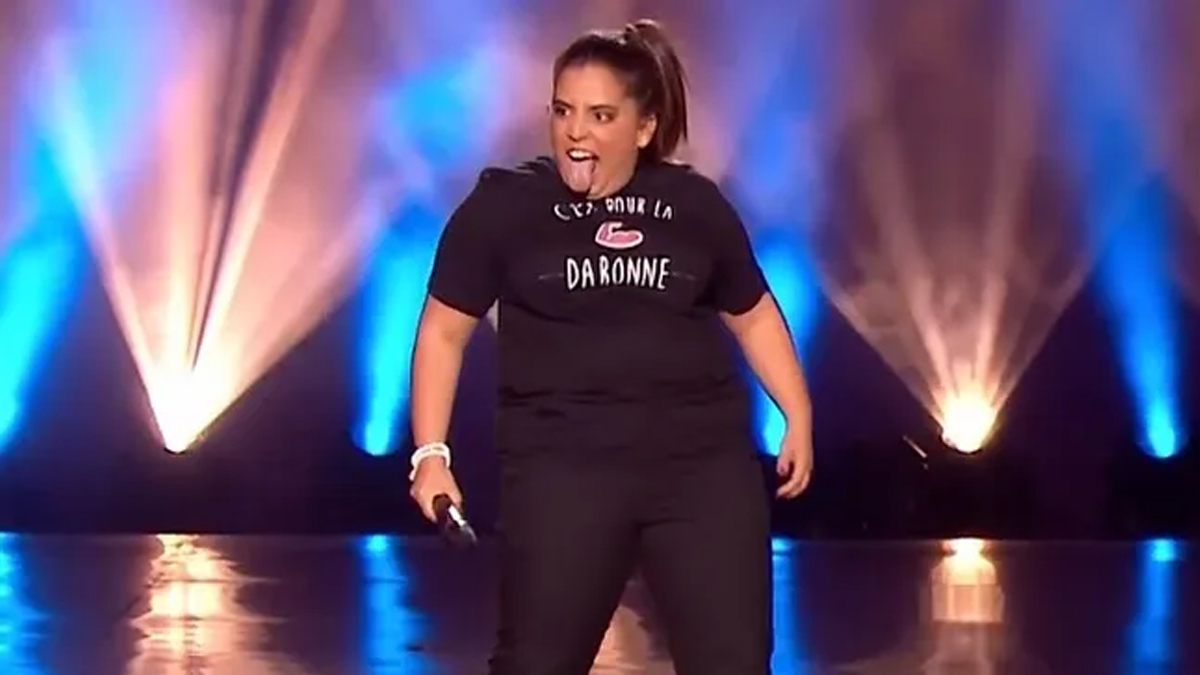Votre quotidien d’inspiration et d’innovation
Actualités
Retraite

Voici le guide pas à pas pour estimer votre pension de retraite : découvrez comment anticiper votre futur revenu
Comprendre le principe de la retraite Bien que ce soit une perspective lointaine pour les jeunes, elle fait déjà l’objet de questionnements pour les personnes en fin de carrière. L’une des préoccupations majeures est de …
Santé
Le Prince William refuse un service crucial à Charles III, même en temps de maladie
Le refus marquant de prince william Cependant, il semblerait que Prince William ait pris une décision surprenante vis-à-vis de son père, Charles III. Selon des sources proches, il aurait catégoriquement …
Social

Pourquoi les microcrèches s’inquiètent pour leur futur malgré l’aide gouvernementale : comprends-tu l’enjeu ?
La pénurie de personnel affecte les microcrèches Malheureusement, cette mesure ne s’applique pas aux microcrèches …
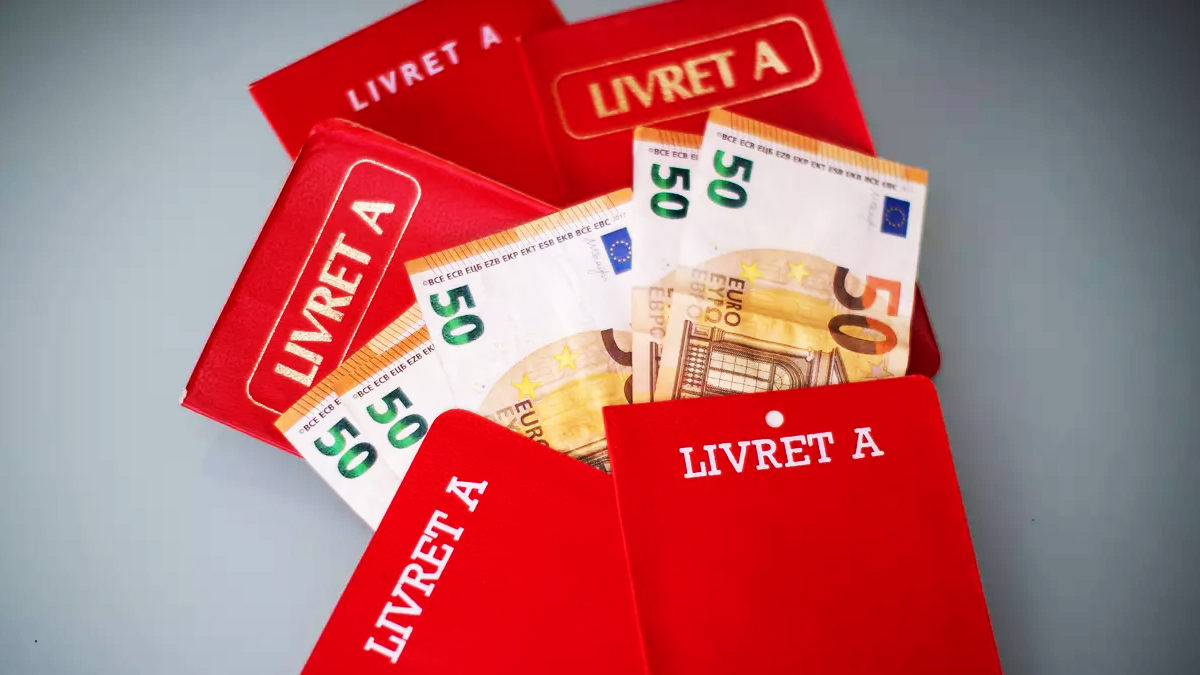
Voici une excellente nouvelle pour les 55 millions d’épargnants utilisant le Livret A
La grande annonce pour les utilisateurs du livret A Le Livret A, l’un des comptes …

Pass Colo : êtes-vous parmi les chanceux qui peuvent bénéficier de cette aide pour les vacances ?
Premières impressions sur le pass colo Son objectif principal est de permettre aux enfants de …

Des changements fiscaux de 2024 peuvent réduire votre facture d’impôts : les détails qui feront la différence
Comprendre les nouvelles directives fiscales de 2024 Ce rituel annuel exige que chaque ménage déclare …
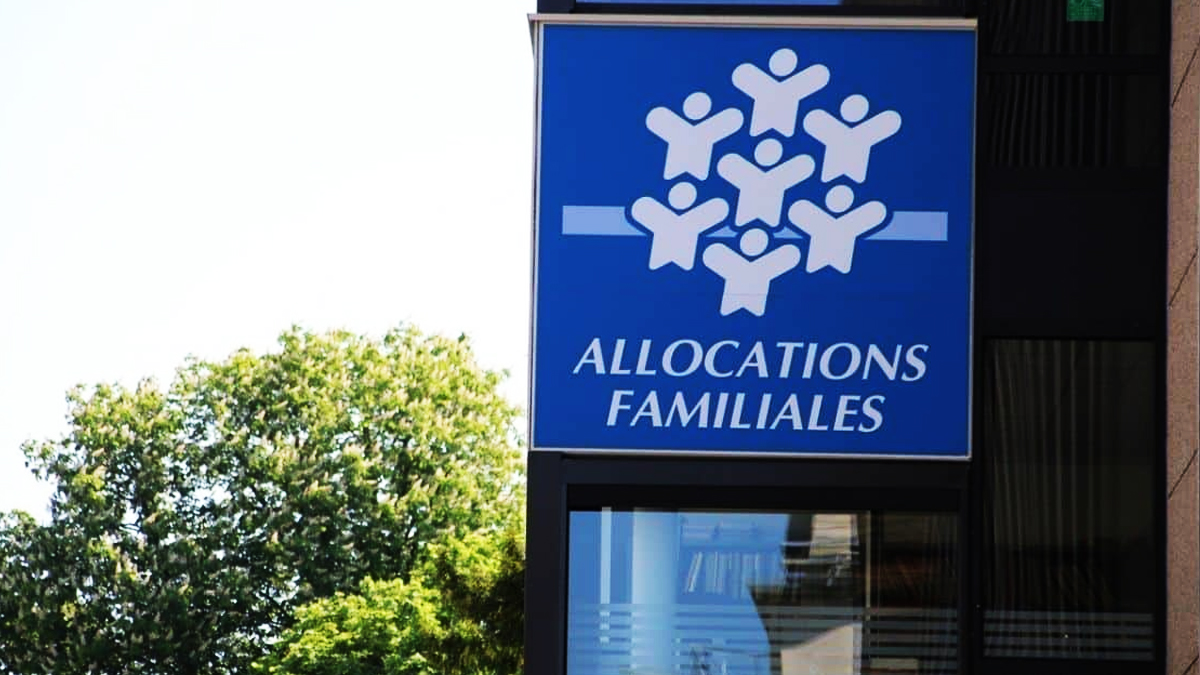
CAF : des démarches simples pour optimiser votre budget familial, vous pouvez augmenter vos aides
Une augmentation significative des allocations de la CAF en 2024 Cette mesure concernant spécifiquement le …

Les répercussions de la suppression de l’une des primes à l’embauche pour l’alternance par le gouvernement
Les détails sur les réductions budgétaires du gouvernement Parmi les dispositifs touchés figurent le compte …
Astro

Ces signes du zodiaque sont les plus aimés vous en faites partie ?
Les signes astrologiques et leur attrait unique Voyons quel signe astrologique est le plus populaire …

Ces trois signes astrologiques qui risquent de passer une semaine délicate du 22 au 28 avril
Le Lion : une semaine pour se ressourcer En effet, les natifs de ce signe …

Quels signes du zodiaque s’accordent le mieux avec le passionné Bélier ? Selon la numérologie
La dynamique amoureuse du Bélier avec les autres signes En particulier, le Bélier, premier signe …

Ce que les étoiles révèlent pour les Gémeaux pour la fin du mois d’avril : chance, amour, travail et finances
Le jour de chance des Gémeaux en 2024 Pour les Gémeaux, nés entre le 21 …

Voici les secrets de la chance des Béliers à partir du 18 avril 2024
Un nouveau départ pour les Béliers En effet, cette période est marquée par une journée …

Ces 3 signes astrologiques qui vont vivre une transformation profonde ce mois d’avril
Un vent de changement souffle pour certains signes zodiacaux Le cosmos a aligné des énergies …
























